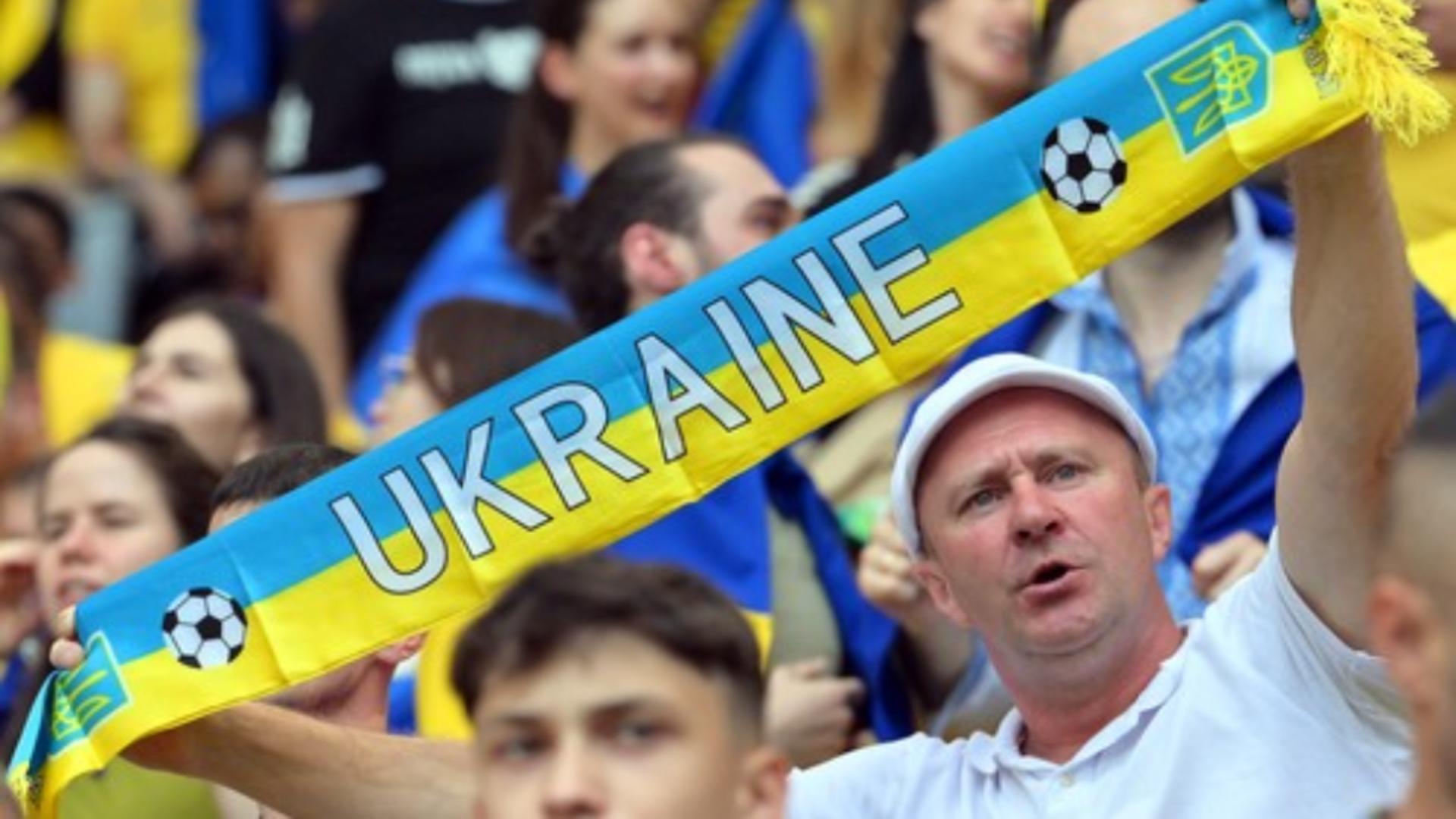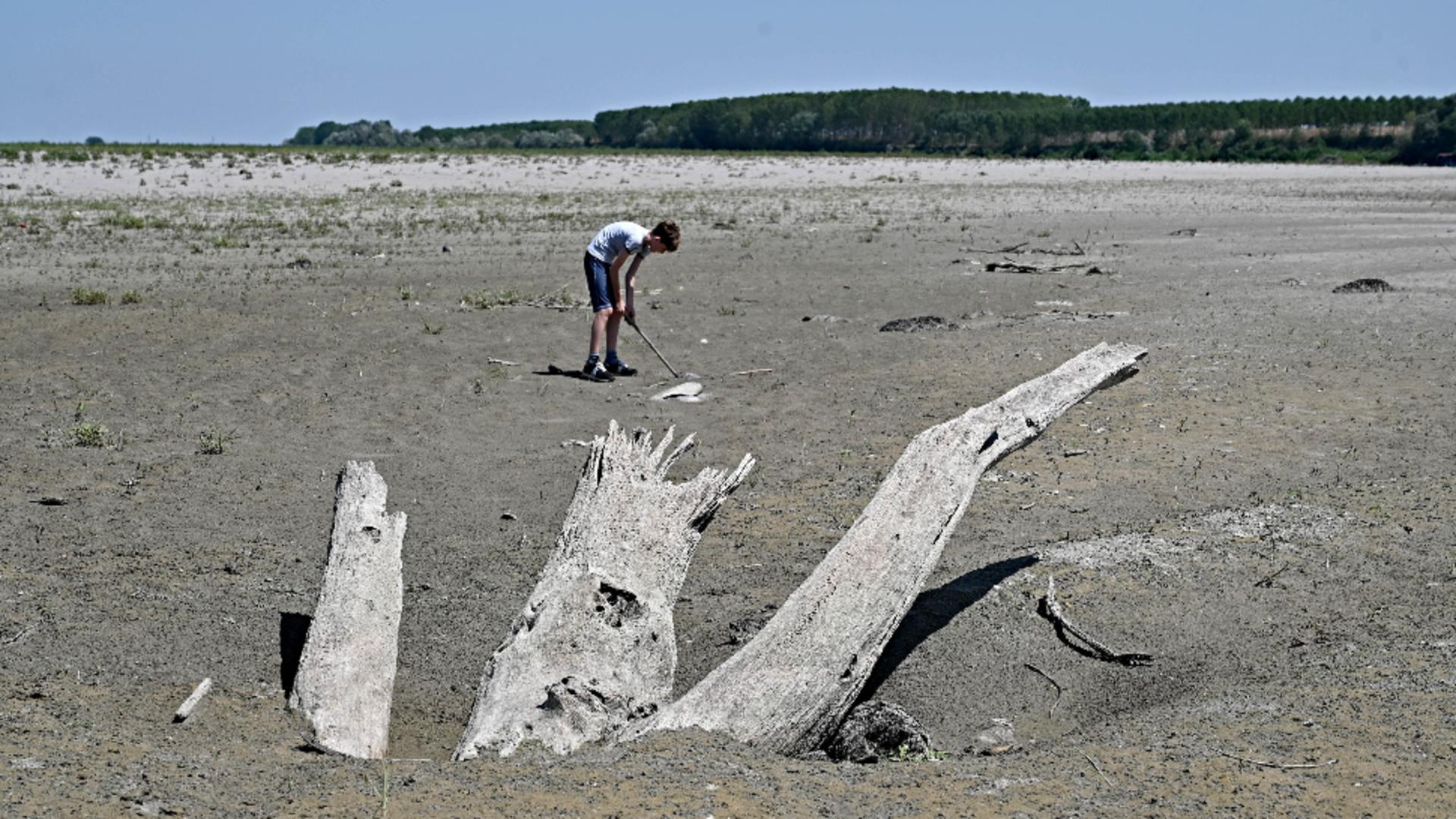NCTV17, the nonprofit community television station that has delivered local news to Naperville residents for nearly four decades, is in urgent need of financial support to stay viable in coming years, Executive Director Liz Spencer said.
“(To) be able to be a steady source, we need some support right now,” she said. “Right now, to keep our staff where we’re at — if not grow — and be able to continue our great programming.”
In recent years, the one-two punch of soaring inflation and changes to NCTV17’s revenue base has forced the station to walk a tight line with its budget, Spencer said. The station “has tried to be good stewards of our money and managers to that budget,” she said.
But there can only be so much shuffling before something has to give. Now, NCTV17 needs “some monies to help steady the ship,” she said.
And she’s hoping that steadying support will come from the city of Naperville itself.
Elected leaders, meanwhile, are weighing their options.
At its meeting Tuesday, the Naperville City Council unanimously directed staff to look into potential sources and options for providing extra funding to NCTV17.
The staff request came after Councilman Benny White, who sits on NCTV17’s Board of Directors as a nonvoting council liaison, spoke about the station’s current financial situation and asked his fellow members to support exploring ways the city could help.
In addition to covering stories that come out of the Naperville City Council meetings, community television station NCTV17 also oversees technical operations for the city’s WCNC government access channel, on which government meetings air. (NCTV17)
“We need to look at some other solutions … in order to keep them sustainable,” White said.
Leaders were receptive to White’s request but urged careful evaluation of what financing NCTV17 would look like and mean for the city.
“I’m open to making it a public discussion to see what kind of appetite people have for it,” Councilman Josh McBroom said. “I’m not sitting here committing to anything whatsoever.”
Councilman Patrick Kelly said that, “In general, I think that NCTV17 is a very valuable asset to the community in terms of focusing on our truly local news and presenting it in a very objective, straightforward way that people can trust. I think that’s something, on a national level, that we’re missing so that’s very valuable to have here.”
But he added that, “We certainly have to evaluate any kinds of requests very carefully. … If the city assists now, we want to make sure those dollars aren’t wasted if we’re going to (have) the same problem a couple years from now.”
NCTV17 is funded by a handful of revenue streams. Production service for local businesses and other area nonprofits accounts for about 32% of the station’s income, according to Spencer. Sponsorships supply another 16% and grants make up about 9% of its overall budget. The station has recently started to lean into fundraising as another way to bolster its coffers, she said.
The station also oversees the technical operations for the city’s WCNC government access channel, on which government meetings air.
Most consequential to how the station is faring today, however, is a piece of the NCTV17 budget known as PEG funding.
Liz Spencer is the executive director of NCTV17, Naperville’s nonprofit community television station. (NCTV17)
NCTV17 is what’s known as a public, educational and governmental (PEG) access channel, or a channel set aside for noncommercial community programming. These channels, which serve local communities across the country, are enshrined in the 1984 Cable Communications Act.
Under that act, communities have a right to control their public rights-of-way and, in turn, receive compensation and channels for a cable company’s license to use their public property, according to the Alliance for Community Media, an organization that represents more than 3,000 PEG access centers nationwide.
In Naperville, cable companies pay the city a franchise fee of 5% of their annual gross revenue, according to city spokeswoman Linda LaCloche. In addition, those companies also pay the city a PEG fee of 1% of their annual gross revenue, which goes to NCTV17.
Twenty-two years ago, when Spencer started working at NCTV17, the station’s entire budget was reliant on PEG money, she said. Now, however, the fees make up about 30% of its funding.
Spencer attributed the depleted PEG money to the yearslong fall of cable news. The emergence of streaming has seen more and more people cut cable in favor of platforms like Netflix, Hulu or Max. Less viewers, less revenue.
Last fall, research firm S&P Global Market Intelligence predicted that cable TV ad revenue would drop below $20 billion by 2027. The last time cable ad revenue was below $20 billion was in 2007.
NCTV17, Naperville’s nonprofit community television station, offers a variety of programming. The show seen here was about Diveheart, which provides educational scuba diving programs for any child, adult or veteran with a disability. (NCTV17)
Locally, NCTV17 has seen a 22% drop in PEG funds over the past six years alone, Spencer said. Year to year, the amount the station receives from the fees have dropped by the thousands, NCTV17 budget reports show.
The loss in revenue alongside rising costs, especially for salaries, has forced the station to make some cuts.
From 2019 to 2024, NCTV17’s staff has gone from 21 full-time employees to 13.5 full-time equivalents, Spencer said. As a result, her team “wears a lot of hats,” she said. For instance, sports reporters will cover news when the need arises.
Spencer said she views additional city funding for NCTV17 as an investment into what the station does for the community.
“We think we’re more important and more relevant than ever to Naperville as the fourth largest city and the second largest economic engine (in Illinois),” she said. “We think we provide a really big service. … With a little support from our friends at the city, (we think) we can weather this storm and arrive at port bigger and better than ever.”





